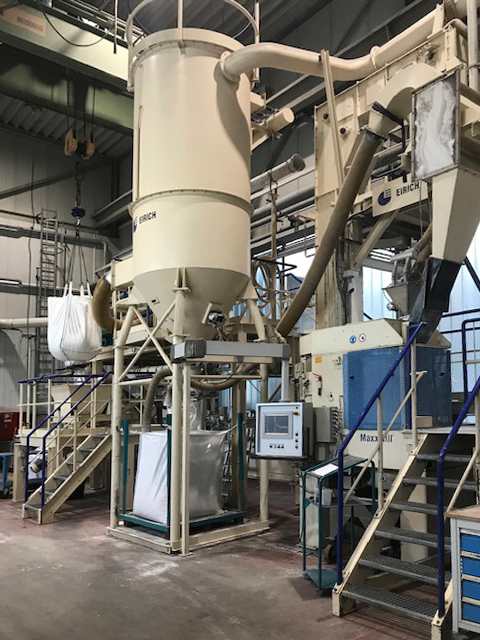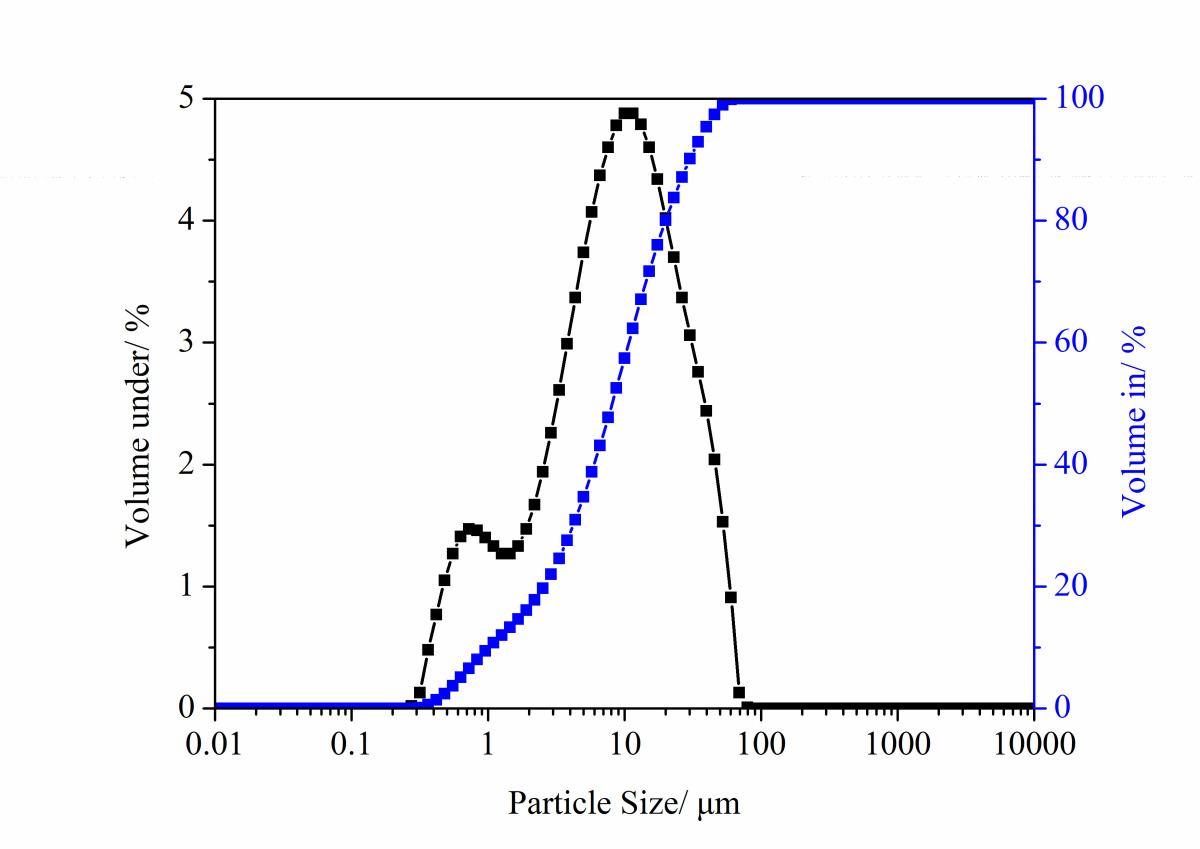Pre-hydration of cement: global survey and laboratory results
Cement pre-hydration degrades the performance of concrete, particularly strength and set times. Testing performed on 181 cements showed that more than one quarter had suffered enough pre-hydration to significantly affect performance. The study also showed that cements manufactured in vertical roller mills are much more likely to be affected by pre-hydration than cements made in ball mills. A controlled laboratory study of selected cements demonstrates that even mild pre-hydration causes measurable performance loss.
1 Introduction
Cement pre-hydration occurs when cement comes into contact with a source of moisture – moist air or water – before its final use. Depending on the degree of pre-hydration, deterioration of relevant engineering properties of the cement may take place, the most noticeable being:
Reduced powder flowability
Loss of workability and set retardation during mortar or concrete production
Reduction of compressive strength
In addition, the effectiveness of chemical admixtures such as accelerators and retarders can be compromised, and their performance rendered less predictable.
Exposure of...

















